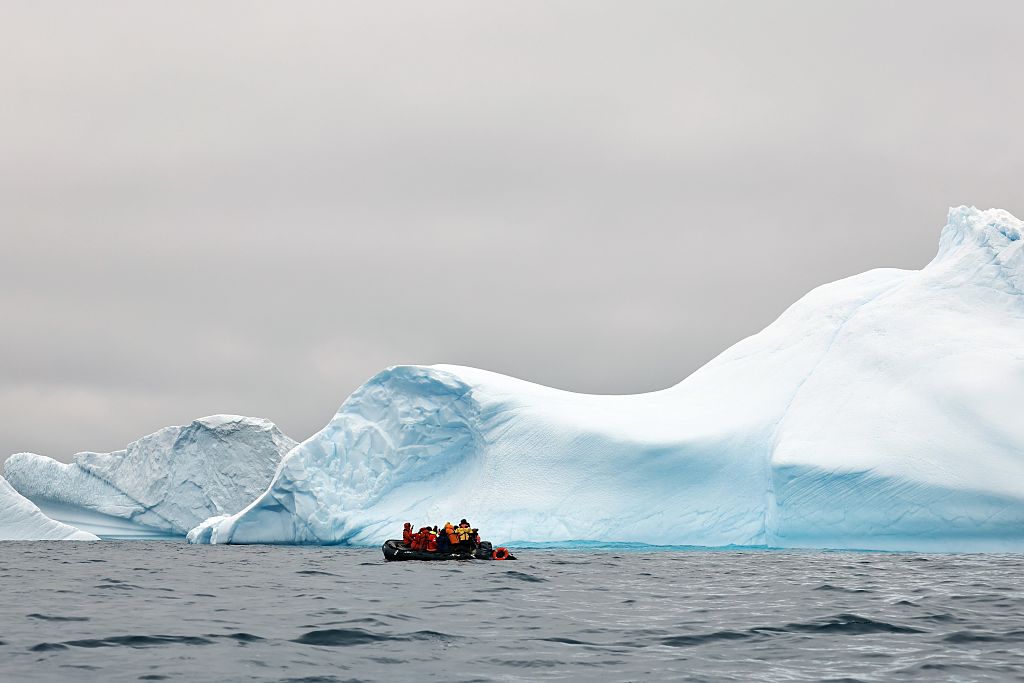Trade and Environment in Latin America and the Caribbean
Trade and Environment in Latin America and the Caribbean
Experts addressed the progress and limitations in the region for green business initiatives, including decarbonization and agricultural sustainability.
Speakers:
- Anabel González, Deputy Director General, World Trade Organization
- Nigel Purvis, CEO, Climate Advisers
- Bill Maloney, Chief Economist for Latin America and the Caribbean, World Bank
- Steve Liston, Senior Director, Council of the Americas
"We will not be able to … get on track to meet climate goals unless we are making inroads in harmonizing the trade and climate agendas," said Nigel Purvis of Climate Advisors during a COA Trade Advisory Group panel titled Trade, and Environment: What Do Policymakers and Companies in the Americas Need to Know?
“Latin America and the Caribbean is disproportionately affected compared to its contribution to global warming, so it has every interest in helping the world decarbonize as quickly as possible," explained Bill Maloney of the World Bank. However, he warned that countries must make sure climate change initiatives are not undermining a trade policy that expands markets and opportunities. "The potential for hidden protectionism is there," he said, "and that reinforces the need to have a clear, transparent, rules-based system on this."
Anabel González of the World Trade Organization (WTO) explained the role of global organizations, like her own and the UN, in creating such a system. She said that from 2009 to 2019 an estimated 4,300 measures were sent by countries for review to the WTO. Summarizing her work, she said, "It’s important to make sure that trade and climate policy point in the same direction—and not in opposite direction—because the wrong trade policies can set back efforts to achieve climate or other environmental objectives.”








